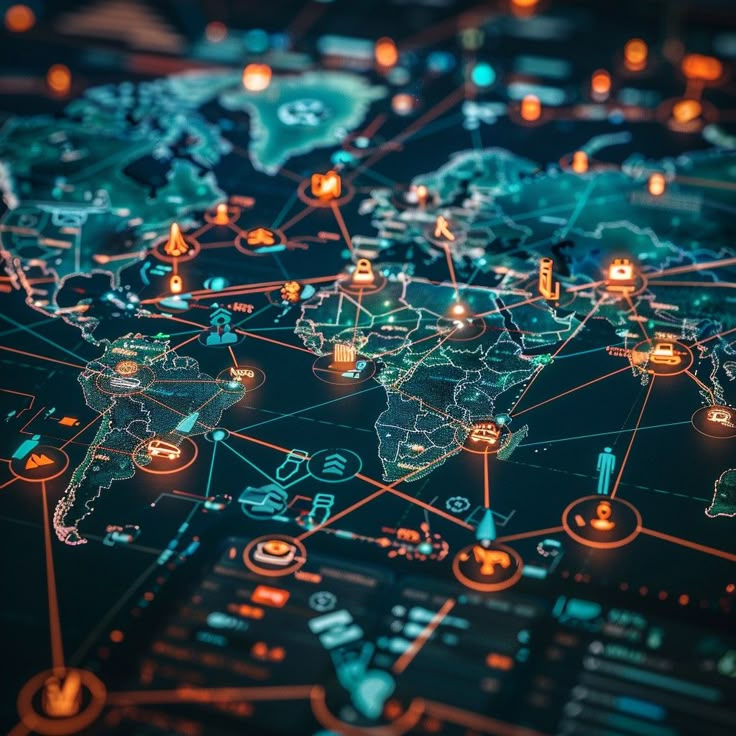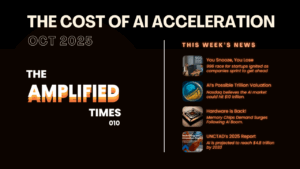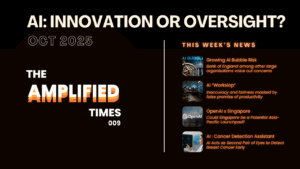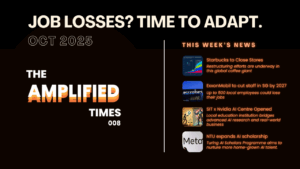Artificial Intelligence isn’t coming; it’s already here, reshaping jobs, careers, and industries worldwide. Between 2025 and 2026, we’ll witness a profound shift—AI won’t just streamline tasks; it’ll redefine work entirely. However, the impact isn’t universal. Different regions, industries, and job roles will experience this transformation at varying speeds and intensities. It’s time to take notice, as this is our canary in the coal mine moment.
Global Realities and Regional Differences
Globally, nearly 40% of jobs could be affected by AI, with advanced economies facing a higher exposure—up to 60% in countries like the U.S., Canada, and Western Europe. Industries like customer service, banking, administration, and manufacturing are already seeing significant shifts, with routine tasks increasingly handled by AI.
In North America, call center agents, retail cashiers, and administrative assistants are at immediate risk, facing rapid automation. Europe’s strong labor protections will moderate the speed of displacement, yet factory workers, bank tellers, and office clerks still face substantial risk, particularly in Eastern Europe where manufacturing dominates.
The Asia-Pacific region shows stark contrasts. Countries like Japan, South Korea, and China rapidly integrate AI into manufacturing and IT sectors, heavily impacting blue-collar factory workers and outsourced tech support roles. Meanwhile, in developing nations like India and Indonesia, widespread informal employment will slow immediate impacts, though the long-term shift remains inevitable.
Latin America and Africa, with lower digital penetration and substantial informal sectors, face slower, phased displacement. Yet even here, outsourced customer service roles and manufacturing jobs linked to global supply chains in countries like Mexico, Brazil, and South Africa are under noticeable threat.
Challenges and Opportunities
AI doesn’t discriminate between white-collar and blue-collar roles—any repetitive task, cognitive or physical, is vulnerable. But with every job displaced, new opportunities arise in tech-driven roles, emphasizing the critical need for workforce adaptability.
The real challenge isn’t AI itself but preparedness for it. Regions lacking digital infrastructure or robust reskilling programs risk widening inequalities, while countries proactively investing in human capital development are poised to harness AI for inclusive economic growth.
The Wake-up Call
This isn’t the distant future; it’s happening now. Businesses, governments, and individuals must urgently prioritize skills development, career mapping, and strategic workforce planning to stay competitive. Ignoring these signals will leave entire communities behind, creating economic and social divides difficult to bridge later.
Amplified Human: Your Partner in the AI Revolution
At Amplified Human, we see AI as an opportunity—not a threat—to amplify human potential. Through our targeted skills development programs, we ensure your workforce is not just ready for AI but thriving alongside it. Our sophisticated career path mapping allows individuals and teams to understand where their roles are heading and how they can proactively evolve their skills.
Moreover, our cutting-edge ability to map company cultures and provide predictive intelligence helps businesses anticipate and bridge skills gaps effectively. By understanding precisely where and how AI impacts your organization, we empower leaders with data-driven strategies to mitigate risks and maximize opportunities.
AI isn’t the end of jobs—it’s the beginning of smarter, more human-focused work. But only if we lean in now.
Visit Amplified Human to start your proactive AI journey today




